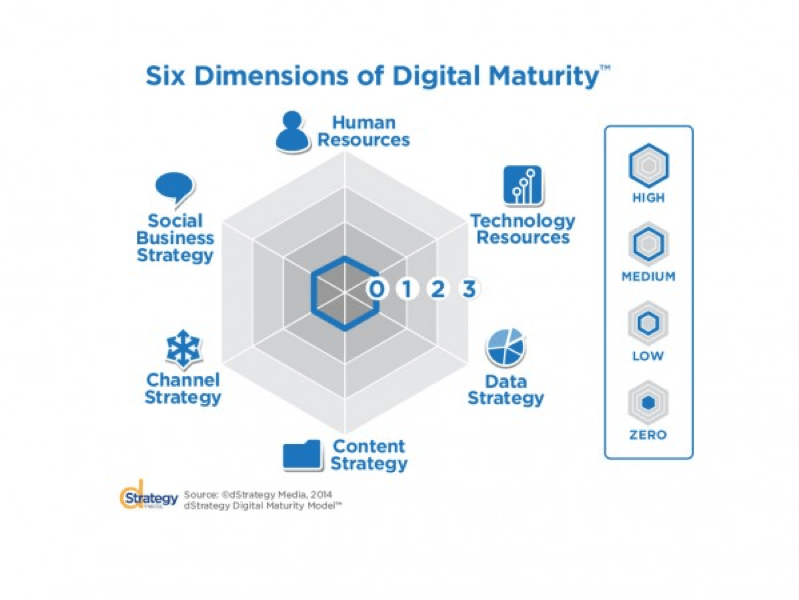Today the NZ Herald published an article, based on an interview with our Business Coach & Principal, Debra Chantry, about Digital Strategy:
http://www.nzherald.co.nz/spark/news/article.cfm?c_id=1503943&objectid=11664274
It talks about one of the clients, Baby Sleep Consultant that Debra works with as a Business Coach. Debra has worked with Baby Sleep Consultant to develop their Business Strategy as well as their Digital Strategy.
A Digital Strategy has 6 components:
The article explores the Social Business Strategy that Baby Sleep Consultants have undertaken & the results that they have got from that.
Spark: Social media wakes up a sleeping business
When Emma Purdue started her business, Baby Sleep Consultant, just over three years ago she found Facebook a natural place to connect with potential customers.
“In years past, mums were mostly talking to each other on the phone but these days we’re socialising on social media – and with mums that’s particularly on Facebook,” says Purdue. “It’s important for us we’re engaging with them there so, when they are ready, they’ll end up coming to our website for more information or booking a consultation.”
In the early days, the business – which focuses on baby (and parent) sleep problems – found it easy to reach and grow its community on Facebook for free. However, when changes on the social media platform meant it was no longer getting the same organic reach from its posts (and they were increasingly being pointed towards paid advertising to increase reach) they needed a new strategy.
The business began developing VIP customer Facebook groups in some of the different geographic locations where its consultants operate.
Clients are invited to join the groups, members gain immediate online access to their local consultant (who manages the group), other sleep-related information and special discounts on baby and child products in their area.
Purdue reports the groups have grown organically as members – who feel they have an ‘exclusive’ relationship with the business – invite their friends, bringing more business the company’s way.
“In those VIP groups, our customers actively promote us; they’ll advocate we’re really good at what we do and they recommend us – which ends up in bookings.”
The company now has VIP Facebook groups operating for communities in Adelaide, Brisbane, Tauranga and Dunedin and has plans to roll them out across New Zealand.
Demand for Baby Sleep Consultant’s services in Adelaide, where the first VIP group was launched, has increased so much, Purdue says the company’s consultant there has given up her part-time job to focus on sleep consulting full time.
Purdue says her business coach Debra Chantry – a coach with The Icehouse business growth centre, who also runs her own business Ventell – pointed out Purdue needed to stop working so much in the business and start working more on strategies for growth.
“At the time I thought, ‘I can’t stop working with clients’, but actually about six months ago I did; from that point on, there’s been a massive change in the business – sales figures have tripled.”
Chantry describes what Purdue has achieved with the social side of her digital business strategy as ‘nirvana’ – hitting a sweet spot where customers are so engaged, they’re creating their own community to help each other as they’re helping the business.
More broadly, digital strategy is described as the activities, vision, goals and opportunities spanning everything in a business covering the IT, online and mobile spaces.
Given the increasingly digital nature of all our interactions, Chantry says it’s a broad remit: “If you really look at it, the list of things that come under that digital strategy banner can seem endless.
“In a small business context I think people can forget just how many of these digital tools we use these days – your accounting software, all the apps on your phone, marketing communications tools, social media and even internal tools for things like chat and messaging.”
However, to sharpen the focus, Chantry outlines six key areas that digital strategy generally encompasses.
The first, she says, is human resources – who’s responsible for digital, who’s leading it and who could benefit from it; then there are tech resources – the technology that’s actually being used; and data strategy – where and how data is stored and used.
The remainder include content strategy – what content is produced, where it’s kept and how it’s kept up to date; channel strategy – how digital drives relationships in the channel; and social business strategy – encompassing how social media is used within a business, as well as to grow external communities.
Chantry admits most small businesses have yet to find the bandwidth to come up with strategies spanning all six aspects. Many, she says, will instead tend to carve off a specific project within one of those areas.
“As a starting point though, the best approach is to get the key players in the organisation together and literally map out every single piece of software, data, and hardware they have – because that highlights how much ‘stuff’ a business already has, who’s responsible for it, whether it’s up to date and whether it integrates with other tools the business is using.
“Then it’s important to look at the customer journey, what the digital touchpoints are from start to finish, and how any of those could be enhanced.”
If you would like to talk to Debra Chantry or one of our Business Coaches about your businesses Digital Strategy, then please contact us – hello@ventell.co.nz.


